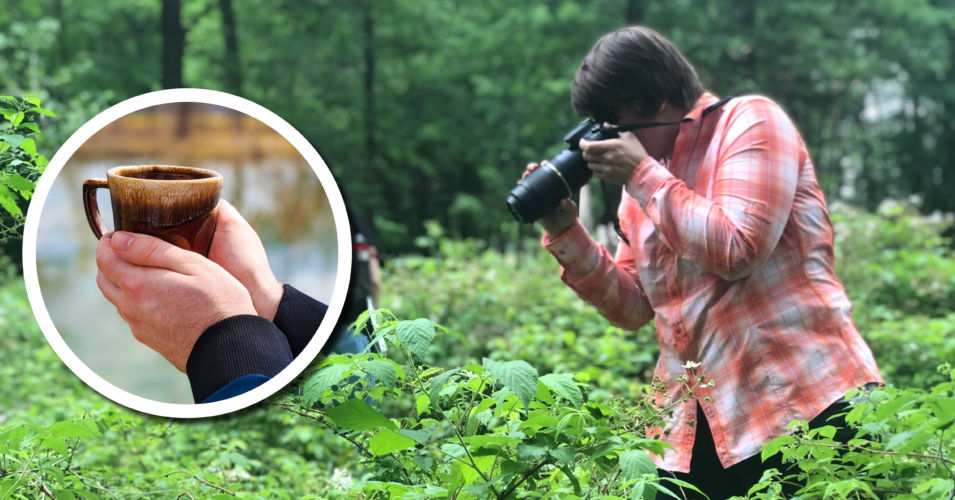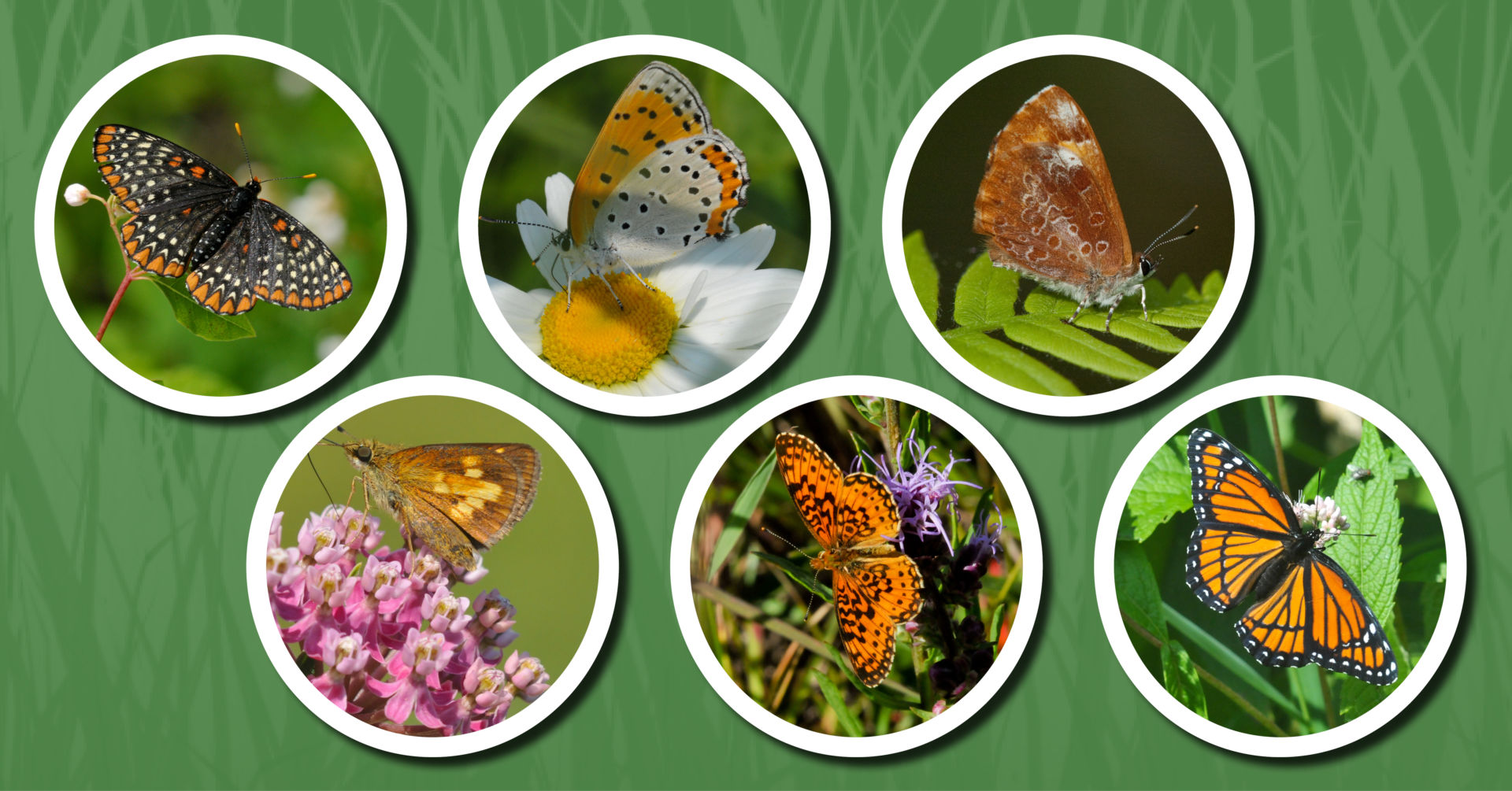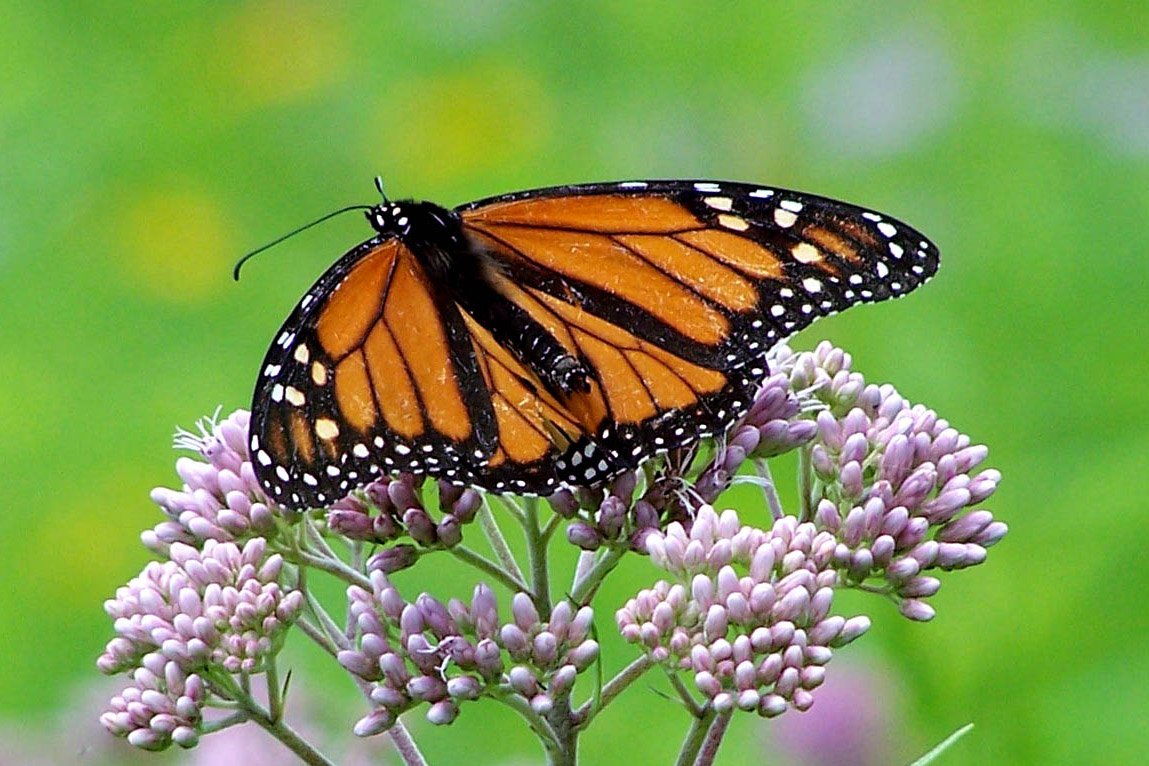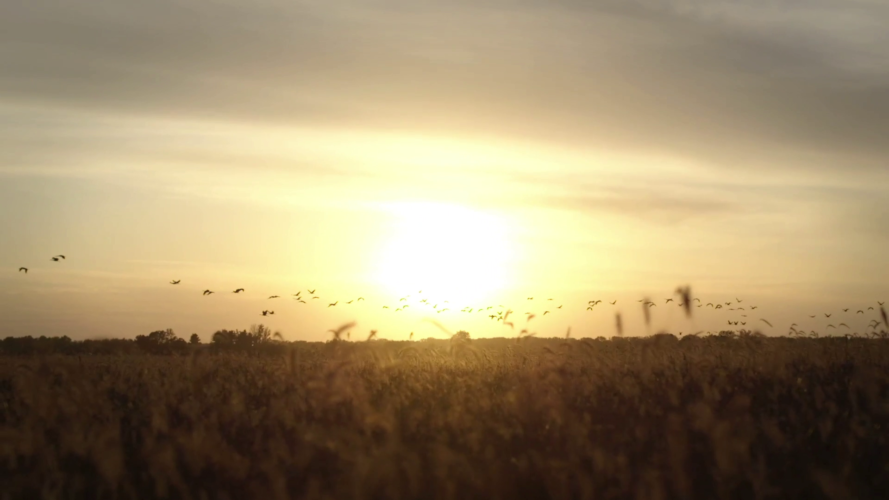Many Wisconsin volunteers participate in monitoring projects to track the distribution and abundance of pollinators. These projects collect data crucial to conservation research and land management, but wetlands are underrepresented in the monitoring efforts. Join conservation biologist Jay Watson to learn more about how data collected by community scientists help scientists and land managers. Jay will also discuss opportunities for volunteers to monitor bees and butterflies in wetlands and other habitats across the state.
Jay Watson, conservation biologist
Recorded October 29, 2021
Jay Watson has worked with Wisconsin DNR for the past 10 years as a research/conservation biologist on threatened and endangered terrestrial insects. Jay has a Master’s in Environmental Science and Policy from UW-Green Bay, where his thesis project investigated the landscape effects on native bees in apple orchards of NE Wisconsin. He has 10+ years of experience conducting inventory, monitoring, and research projects involving rare and listed insects and birds in Wisconsin.
Links to some of the programs Jay mentioned in his presentation:
- Bumble Bee Brigade
- WiBee
- Monarch Larva Monitoring Project
- Integrated Monarch Monitoring Program
- Journey North
Important note: The word citizen was originally included in the term citizen science to distinguish amateur data collectors from professional scientists, not to describe the citizenship status of these volunteer observers. Today, however, it is important for us to recognize that the term has become limiting to conservation and partnerships in some contexts. We suggest the term “community science” instead of “citizen science” to be clear that citizenship—or the perception that a person may or may not be a citizen—certainly isn’t a prerequisite for caring about conservation. No matter where a volunteer was born, or how they came to the United States, their contribution to science and conservation should be valued.
Related Content
A wetland kaleidoscope: Six butterflies you can find in Wisconsin’s wetlands
How caring for your wetlands helps monarch butterflies
Wetland restoration and bird monitoring on the Oneida Nation




